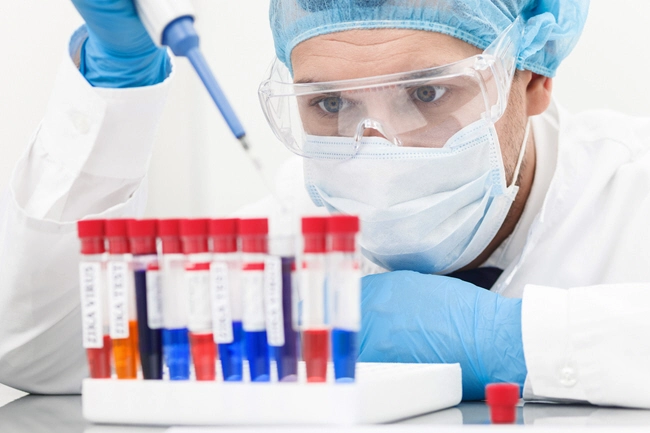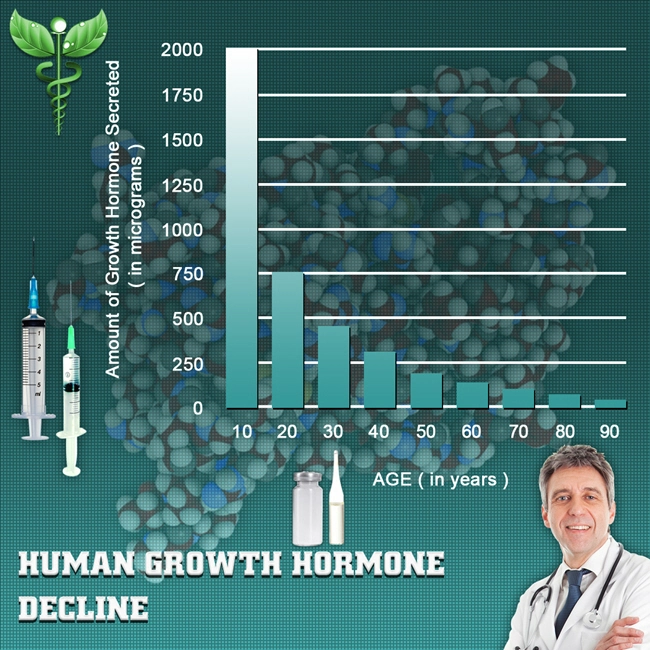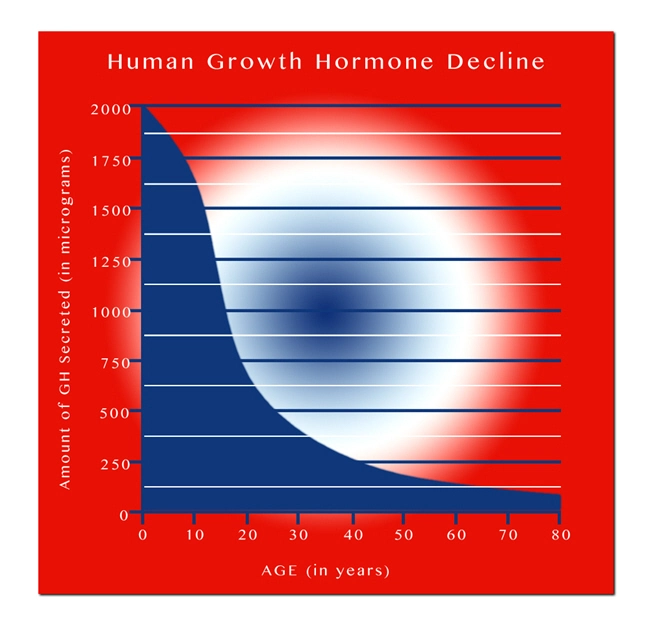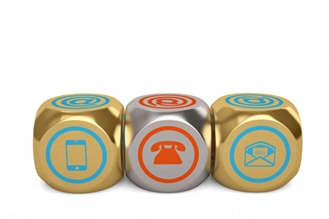
Video Link: https://vimeo.com/285652659
Video Download: Click Here To Download Video
Video Stream: Click Here To Stream Video
The third eye. The mysterious chakra center residing directly between the eyebrows.
The famous French mathematician and philosopher Rene Descartes 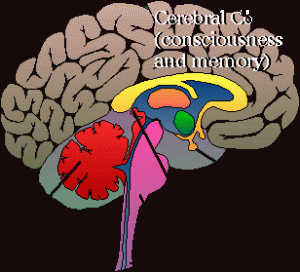 described it as “the principal seat of the soul, and the place in which all our thoughts are formed.”
described it as “the principal seat of the soul, and the place in which all our thoughts are formed.”
Scientists consider it the producer of the hormone melatonin. Of all the endocrine glands, its role was the last to be understood.
Regardless of what it brings to mind, all agree on its name: the Pineal Gland.
The tiny gland is small (rice-sized), and is shaped like a pinecone, hence the name.
It is a mere 1/3rd inch long, with a reddish-gray hue, and is located deep in the brain's center.
Regardless of what it brings to mind, the pineal gland plays a significant role in our overall health.
Recent scientific research has proven beyond a shadow of a doubt that sleep is a critical component for maintaining a healthy body. Without sufficient rest, the stress hormone cortisol rages out of control, increasing our already high stress levels.
Also, lack of sleep is associated with another modern-day health-robber: obesity.
As mentioned earlier, the pineal gland produces melatonin, which plays a huge role in our sleep quality and length.
Melatonin also regulates our sleep-wake cycles, which are known as circadian rhythms.
It has been used for some in combating jet lag, which is defined as alterations to the body's circadian rhythms resulting from rapid long-distance transmeridian (east-west or west-east) travel on high-speed aircraft.
According to many researchers, melatonin is also a potent antioxidant (a molecule that inhibits the oxidation of other molecules and is thought to be a powerful weapon in slowing down the aging process).
For all of these reasons, you can see why the pineal gland is essential and needs to be given the same care and attention as any other part of your body and mind. Here are a few suggestions to do just that:
- Meditate. Meditation boosts bio-electric energy, and this has a direct effect on the pineal gland. The gland is susceptible to light and dark signals,
 and regular meditation practice will allow you to guide this energy directly into the gland.
and regular meditation practice will allow you to guide this energy directly into the gland. - Sunshine. There is no better source of light than natural sunlight. When exposed to light, the pineal gland gets active and kicks out serotonin, which ramps up your energy levels and elevates your mood. Sunlight also makes the body produce vitamin D, which plays a critical role in the pineal gland's function. Without sufficient vitamin D levels, calcium doesn't become bioavailable and will calcify tissue….including the pineal gland. To prevent this nightmare, make sure your vitamin D levels are adequate by getting out in the sun for 10-15 minutes and supplementing with vitamin D.
- An entirely dark sleeping environment. All too many people just can't seem to switch off their electronic toys at bedtime...and pay the price for it. The glare of television, reading tablets, computer screens, and cell phones results in serotonin production at precisely the wrong time. As mentioned above, serotonin gets you going, but that's not what is needed at bedtime. In total darkness, the pineal gland secretes melatonin, which, as mentioned earlier, controls your sleep-wake cycles. Please don't confuse it by allowing light into your sleep environment.
- Raise your iodine level. The fluoride in our drinking water and toothpaste can result in calcification, which is defined as “the accumulation of calcium salts in body tissue. It typically occurs in the formation of bone, but calcium can be deposited abnormally in soft tissue, causing it to harden”. This is a problem for many organs and functions of the body, especially the pineal gland. The pineal gland accumulates fluoride in more significant amounts than any other organ. Eventually, this leads to the development of phosphate crystals. When these crystals invade the joints, a broad range of health problems can occur such as joint pain, rheumatic arthritis, osteoarthritis, gout, kidney stones, and a hardened pineal gland. The result? Less melatonin is produced, which wreaks havoc on your sleep-wake cycle.
- Due to many folks reducing their salt and seafood intake, lower iodine levels are becoming more common. Restoring your iodine level is a meaningful way to battle calcification. An excellent way to accomplish this is by eating foods rich in iodine: sea vegetables; raw, organic cheese; organic strawberries; organic potatoes; cranberries; organic yogurt; and organic navy beans. Raw cacao powder has also helped many stimulate and detox their pineal gland. You may also consider adding an iodine supplement. Make sure you have a good water filter. Don't risk your health by drinking unfiltered water straight from the tap. Finally, brush with fluoride-free toothpaste.
- Avoid mercury. Here's an easy way to think about this: mercury = poison to the pineal gland. If possible, find a dentist who can remove your toxic
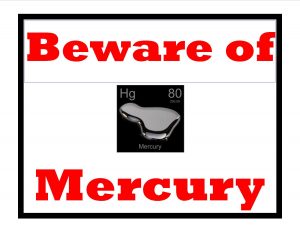 mercury fillings. Be careful about consuming large amounts of certain fish (tuna and dolphin; the bigger the fish, the more mercury), as well as bottom feeders like shrimp and prawns.
mercury fillings. Be careful about consuming large amounts of certain fish (tuna and dolphin; the bigger the fish, the more mercury), as well as bottom feeders like shrimp and prawns. - Also, Eco light bulbs may be more energy efficient. But each bulb contains five milligrams of mercury. DO NOT LET THESE BULBS BREAK IN YOUR HOME! Always handle with extreme care.
- Don't smoke. Tobacco doesn't make anything in the body better or healthier...and that includes the pineal gland. Enough said.
- Add chlorella and spirulina to your supplement list. These powerful, natural phytonutrients have been shown to detoxify heavy metals like lead and mercury from the body.
- Other toxins. Fortunately, the rules for keeping your pineal gland healthy are similar to what you do to maintain your general health. Keep processed foods to a minimum, as they are loaded with additives like artificial sweeteners, refined sugar, and some man-made, unnatural chemicals that are impossible to pronounce without a chemistry dictionary. Same with other common household chemicals found in air fresheners, deodorants, cleaning liquids, and mouthwash. When possible, look for safer, more natural substances.
The pineal gland's entire purpose is still not completely understood and is a research work-in-progress.
In metaphysics, the gland is held in high status as a center of psychic ability (almost universally dismissed by the scientific community).
Scientists agree that the gland is the manufacturer of melatonin.
However, there is universal agreement on the importance of the pineal gland. You will be well-served to maintain its functioning at the highest level possible.
References
10 Mysterious Facts About the Pineal Gland
The Pineal Gland and Melatonin
Contact Us Today For A Free Consultation
Dear Patient,
Once you have completing the above contact form, for security purposes and confirmation, please confirm your information by calling us.
Please call now: 1-800-380-5339.
Welcoming You To Our Clinic, Professor Tom Henderson.

- New Research on Hormone Replacement Therapy [Last Updated On: December 29th, 2024] [Originally Added On: March 12th, 2021]
- LCN2 Hormone Suppresses Hunger and Stops Cravings! [Last Updated On: January 27th, 2025] [Originally Added On: April 7th, 2021]
- Melatonin: The Body's Master Clock [Last Updated On: January 16th, 2026] [Originally Added On: April 8th, 2021]
- The Importance of Luteinizing Hormone [Last Updated On: December 28th, 2024] [Originally Added On: April 11th, 2021]
- Andropause From The Wikipedia Encyclopedia [Last Updated On: December 29th, 2024] [Originally Added On: April 12th, 2021]
- Hormone Therapy May Help Cut Alzheimer's Risk [Last Updated On: December 30th, 2025] [Originally Added On: May 18th, 2021]
- Androgel : Men Getting Their Mojo Back! [Last Updated On: May 12th, 2025] [Originally Added On: May 21st, 2021]
- HGH Secretagogue [Last Updated On: December 29th, 2025] [Originally Added On: May 22nd, 2021]
- Hormone Replacement Therapy Safe, Study Suggests [Last Updated On: May 17th, 2025] [Originally Added On: May 24th, 2021]
- The HGH Recommended Medical Dosage - The Importance of Blood Work [Last Updated On: December 28th, 2025] [Originally Added On: May 25th, 2021]
- Act Now to Prevent the Increasingly Common Condition of Hypothyroidism [Last Updated On: October 23rd, 2025] [Originally Added On: June 21st, 2021]
- A Toxic Hormone is Altering the Sex and Reproduction of Aquatic Life in United States Streams [Last Updated On: December 26th, 2025] [Originally Added On: August 16th, 2021]
- New Research: Cognitive Therapy Could Reduce Menopausal Hot Flashes [Last Updated On: December 25th, 2025] [Originally Added On: August 16th, 2021]
- Heart Benefits From Hormone Replacement Therapy? [Last Updated On: December 24th, 2025] [Originally Added On: August 18th, 2021]
- Risks of Hormones in Early Menopause Challenged [Last Updated On: December 23rd, 2025] [Originally Added On: August 24th, 2021]
- Comprehensive Hormone Replacement Therapy with Tesamorelin [Last Updated On: May 5th, 2025] [Originally Added On: September 18th, 2021]
- Early Hormone Replacement Therapy May Lower Alzheimer Risk [Last Updated On: December 16th, 2025] [Originally Added On: October 25th, 2021]
- Stimulate HGH: Growth Hormone Secretagogue: Sermorelin Acetate [Last Updated On: December 22nd, 2025] [Originally Added On: October 25th, 2021]
- Growth Hormone Therapy Reverses Biological Age In Groundbreaking Study [Last Updated On: December 13th, 2025] [Originally Added On: October 25th, 2021]
- Estrogen HRT May Reduce Breast Cancer Risk [Last Updated On: December 10th, 2025] [Originally Added On: October 26th, 2021]
- Hormone Replacement Therapy is Safe [Last Updated On: December 17th, 2025] [Originally Added On: October 26th, 2021]
- The Benefits of IGF-1 [Last Updated On: December 12th, 2025] [Originally Added On: October 26th, 2021]
- Insulin-Similar Growth Factor Benefits [Last Updated On: December 18th, 2025] [Originally Added On: October 26th, 2021]
- Growth Hormone Dosage [Last Updated On: December 9th, 2025] [Originally Added On: October 26th, 2021]
- Growth Hormone Sprays [Last Updated On: December 8th, 2025] [Originally Added On: October 26th, 2021]
- The Best Ways to Boost Growth Hormone [Last Updated On: December 15th, 2025] [Originally Added On: October 26th, 2021]
- Growth Hormone Explained [Last Updated On: December 19th, 2025] [Originally Added On: October 26th, 2021]
- What Men Need To Know About Testosterone And Growth Hormone [Last Updated On: December 6th, 2025] [Originally Added On: October 26th, 2021]
- Growth Hormone and Gene Therapy [Last Updated On: December 7th, 2025] [Originally Added On: October 26th, 2021]
- Growth Hormone and the Law [Last Updated On: December 5th, 2025] [Originally Added On: October 27th, 2021]
- Growth Hormone and the Hypothalamus Gland [Last Updated On: December 4th, 2025] [Originally Added On: October 27th, 2021]
- Growth Hormone and Testosterone Replacement Therapy [Last Updated On: January 2nd, 2025] [Originally Added On: October 27th, 2021]
- Growth Hormone and Pneumonia [Last Updated On: December 3rd, 2025] [Originally Added On: October 27th, 2021]
- An Introduction to Growth Hormone [Last Updated On: December 2nd, 2025] [Originally Added On: October 27th, 2021]
- General Physician Versus Hormone Specialist – Some Symptoms Require a Specialist to Heal [Last Updated On: September 6th, 2025] [Originally Added On: March 18th, 2022]
- Hormone Impacts And Function Of HGH [Last Updated On: January 2nd, 2026] [Originally Added On: July 10th, 2022]
- Cheaping Out on HGH Therapy – JUST DON’T DO IT [Last Updated On: September 18th, 2025] [Originally Added On: July 12th, 2022]
- Slow Aging with Growth Hormone [Last Updated On: May 27th, 2025] [Originally Added On: July 17th, 2022]
- Hormone Therapies: How They Have Evolved and Are Evolving [Last Updated On: September 10th, 2025] [Originally Added On: February 10th, 2023]
